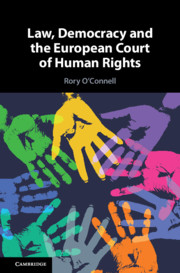The classical liberal doctrine of free expression asserts the priority of speech as an extension of the freedom of thought. Yet its critics argue that freedom of expression, itself, demands the suppression of the so-called “silencing speech” of racists, sexists, and so on, as a threat to the equal expressive rights of others. This essay argues that the claim to free expression must be distinguished from claims to equal speech. The former asserts an equal right to express one’s thoughts without interference; the latter the right to address others, and to receive a hearing and consideration from them, in turn. I explore the theory of equal speech in light of the ancient Athenian practice of isegoria and argue that the equality demanded is not distributive but relational: an equal speaker’s voice should be counted as “on a par” with others. This ideal better captures critics’ concerns about silencing speech than do their appeals to free expression. Insofar as epistemic and status-harms provide grounds for the suppression and exclusion of some speech and speakers, the ideal of equal speech is more closely connected with the freedom of association than of thought. Noticing this draws attention to the continuing—and potentially problematic—importance of exclusion in constituting effective sites of equal speech today.
